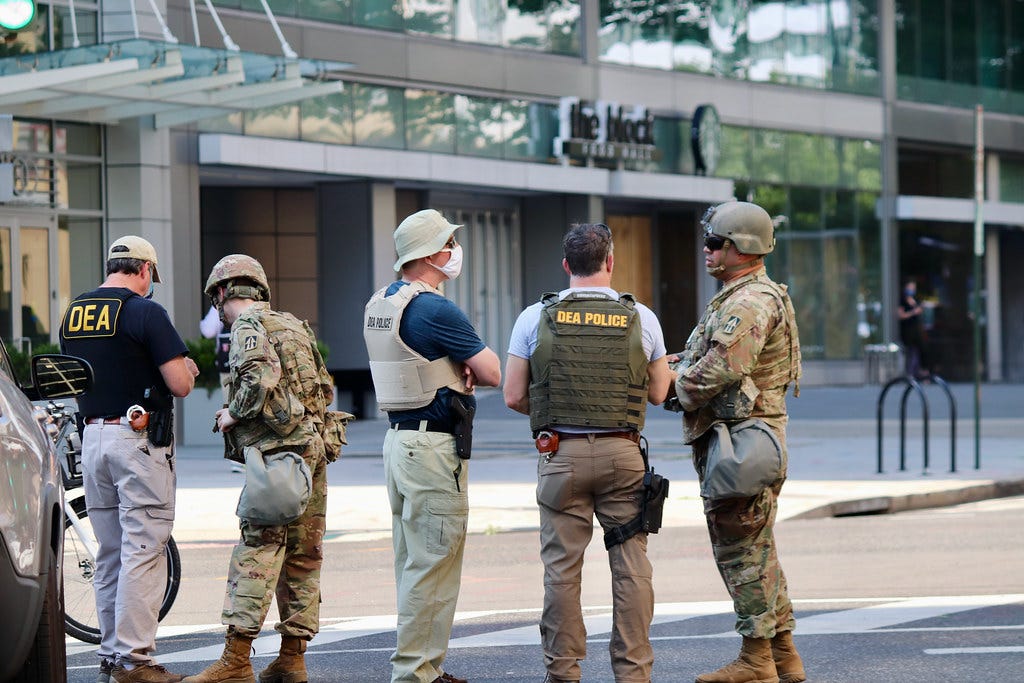
With big implications from Main Street to Wall Street, soon federal cannabis law is likely to change dramatically. An entire multi-billion-dollar industry may come in from the cold after 87 years.
Recent polling indicates that 70 percent of Americans favor legalization, including majorities of both major political parties. But, for or against, one should know the law, the facts and what is likely coming.
Isn’t medical cannabis legal in 38 states?
Since 1971 cannabis has remained a Schedule I controlled substance under the federal Controlled Substances Act (C.S.A.). Federal law thus prohibits its sale or possession nationwide for any reason whatsoever.
America’s state-legal cannabis businesses formerly enjoyed a détente with the federal Justice Department. In 2009, then-Attorney General Eric Holder issued a memorandum telling federal prosecutors they should “not focus federal resources in your States on individuals whose actions are in clear and unambiguous compliance with existing state laws providing for the medical use of marijuana.”
In 2018, then-A.G. Jefferson Beauregard Sessions rescinded the memorandum. Congress then prohibited federal prosecutions of state-legal cannabis operations.
But prosecutions were not the only federal drags on cannabis.
The status quo seriously limits cannabis businesses:
Under the Commerce Clause, the federal government has sole jurisdiction over foreign and interstate trade. No state law may allow cannabis to cross state lines or enter or leave the country. Cannabis businesses must obtain product within their states, and it must be produced in-state. The feds sent Tommy Chong to prison for shipping a pipe across state lines.
According to the American Bankers’ Association: “the possession, distribution or sale of marijuana remains illegal under federal law, which means any contact with money that can be traced back to state marijuana operations could be considered money laundering and expose a bank to significant legal, operational and regulatory risk.” No state law may allow banks to open accounts or provide loans for cannabis businesses.
Businesses that illegally “traffic” cannabis may not deduct business expenses on federal tax returns. As a result, the IRS Taxpayer Advocate Service notes: “Not only is the marijuana retailer effectively taxed at a higher rate, it may take longer for a marijuana-related business to recoup its start-up expenses and turn a profit than other businesses.”
The federal government is perhaps the largest funder of scientific research in the world. And it “continues to enforce restrictive policies and regulations on research into the health harms or benefits of cannabis products that are available to consumers in a majority of states,” noted the National Academies of Sciences in 2017. “As a result, research on the health effects of cannabis and cannabinoids has been limited in the United States.”
What is likely to change and why
Biden made a campaign promise to “decriminalize the use of cannabis.” On October 6, 2022, he ordered the Department of Health and Human Services (H.H.S.) to re-evaluate the total federal ban. Six months ago, H.H.S. found that cannabis does not meet the criteria for Schedule I and recommended it be moved to Schedule III, where it would join various prescription medicines.
The Drug Enforcement Administration (D.E.A.) now must act on that recommendation. It has no discretion to challenge H.H.S.’s findings. NBC has cited sources saying the D.E.A. will make its move in the coming weeks.
The D.E.A. will first issue a draft of its decision for public comments, which it will accept for 60 days. Barring the unforeseen, a rescheduling would take effect immediately thereafter.
Thus, more likely than not, cannabis will soon be Schedule III.
Much media have gotten much wrong here.
Here are the facts:
As noted above, the D.E.A. is without jurisdiction to challenge H.H.S.’s scientific findings as to whether cannabis meets the criteria for schedules I and III.
Despite what one may have read, the United Nations Single Convention on Narcotic Drugs does not prohibit member countries from legalizing cannabis, as evidenced by the text of the treaty and the fact that Germany just lifted its nationwide ban.
If cannabis is moved to Schedule III, then, federally speaking, doctors would be free to prescribe it as they do with other Schedule III substances like codeine.
Similarly, interstate and foreign cannabis commerce would open, just as it is for other Schedule III substances, though other nations’ cannabis restrictions would continue to limit the international market.
Cannabis businesses that comply with the federal requirements for Schedule III drugs would be able to bank and take tax deductions just like pharmaceutical companies who research and produce Schedule II and III substances.
It is hard to imagine that federal research dollars would remain hard to come by for cannabis.
Conclusion
You may always rely on MartyG Reports to cut through the haze of irresponsible reporting.




My issue w all of this is what California did. Which was .. not restrict operation size. Which in turn is completely destroying craft Cannabis. Glass house in California is the death of marijuana in its decent form.